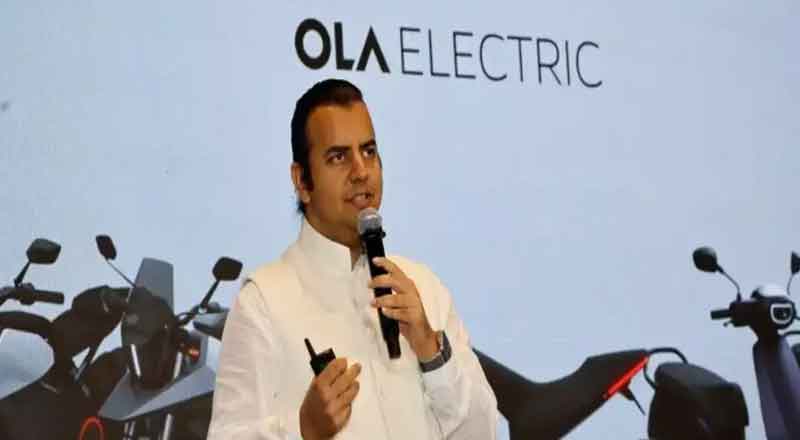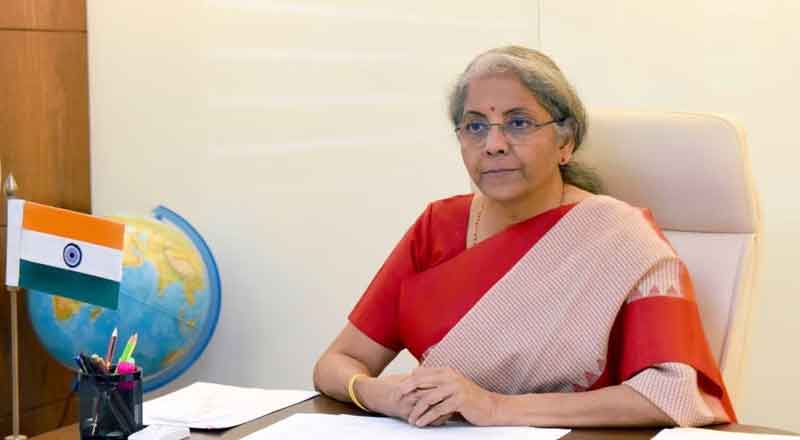While Adi Godrej and his brother Nadir have kept the Godrej industries which has five listed firms and cousins Jamshyd and Smita have got the unlisted Godrej & Boyce and its affiliates as well as a land bank, including prime property in Mumbai, according to a statement issued by the group.
The 127-year-old conglomerate Godrej Group has been split between two branches of the founding family, with Adi Godrej (82) and his brother Nadir (73) on one side and their cousins Jamshyd Godrej (75) and Smita Godrej Crishna (74) on the other.
While Adi Godrej and his brother Nadir have kept the Godrej industries which has five listed firms and cousins Jamshyd and Smita have got the unlisted Godrej & Boyce and its affiliates as well as a land bank, including prime property in Mumbai, according to a statement issued by the group.
Godrej Enterprises Group — comprising Godrej & Boyce and its affiliates that have a presence across multiple industries spanning aerospace and aviation to defence, furniture and IT software — will be controlled by Jamshyd Godrej as chairperson and managing director. His sister Smita’s daughter Nyrika Holkar, 42, will be the executive director, the statement said.
Their families will control this arm that also will hold the land bank, including 3,400 acres of prime land in Mumbai.
Godrej Industries Group — which includes the listed companies – Godrej Industries, Godrej Consumer Products, Godrej Properties, Godrej Agrovet and Astec Lifesciences — will have Nadir Godrej as chairperson and will be controlled by Adi, Nadir and their immediate families.
Adi Godrej’s son Pirojsha, 42, will be the executive vice chairperson of GIG and will succeed Nadir as the chairperson in August 2026, the statement said.
‘Ownership Realignment’
The Godrej family termed the split as “an ownership realignment” of the shareholdings in the Godrej companies. “The realignment has been arrived at in a respectful and mindful way to maintain harmony and to better align ownership in acknowledgement of the differing visions of the Godrej family members,” it said.
“This will help maximize strategic direction, focus, and agility, and will accelerate the process of creating long-term value for shareholders and all other stakeholders,” the family said in the statement, adding that both Groups will continue to use the Godrej brand and are committed to growing and strengthening their shared heritage.
Godrej Group’s History
Lawyer-turned-serial entrepreneur Ardeshir Godrej and his brother in 1897 succeeded at locksmithing after failed ventures into hand-fashioned medical devices, according to a news agency PTI report.
Ardeshir did not have any children, hence the group was inherited by his younger brother Pirojsha, who had four children – Sohrab, Dosa, Burjor and Naval.
Over the years, the helm of the group came to the children of Burjor (Adi and Nadir) and Naval (Jamshyd and Smita) as Sohrab had no children while Dosa had one child Rishad, who had no children.
To enable the split, the two sides quit the boards of companies in rival camps. So, Adi and Nadir Godrej resigned from the Godrej & Boyce Board, while Jamshyd Godrej left his seat on the boards of GCPL and Godrej Properties.
Unconfirmed reports say Adi and Nadir Godrej will divest their stakes in Godrej & Boyce to the other branch. Jamshyd Godrej and his side of the family will transfer interests in Godrej Consumer Products (GCPL) and Godrej Properties to their cousins through a family arrangement.
Real estate worth crores of rupees, mostly in prime areas in Mumbai suburbs, will remain under Godrej & Boyce (G&B), and a separate agreement will be worked out to govern the ownership rights.
It owns 3,400 acres of land in Mumbai, including a 3,000-acre parcel in Vikhroli, Mumbai. The Vikhroli land by some estimates has a development potential of over Rs 1 lakh crore, the PTI report mentioned. It can develop 1,000 acres, while about 1,750 acres are covered with mangroves and is the destination of rare plants and birds. About 300 acres of land have already been encroached upon.
The Vikhroli property was bought by Pirojsha at a public auction from the Bombay High Court receiver in 1941-42. It was previously owned by a Parsi merchant Framjee Banaji, who bought it from the East India Company in the 1830s.
(with PTI inputs)





